Jump to Section
Introduction
Many dog owners wonder if their canine companions can remember events from their past — both good and bad. While dogs can’t reminisce about their life the way humans do, research shows they are capable of retaining certain types of memories, some of which can last for years. Understanding how your dog’s memory works can deepen your bond and improve training outcomes.
Types of Memory in Dogs
Dogs possess different forms of memory, similar to humans, but they use them differently:
- Short-term memory — Also called working memory, this helps dogs remember information for seconds to minutes. For example, a dog chasing a ball remembers where it landed.
- Long-term memory — Stores skills, habits, and learned associations over time, such as knowing a sit command or where the treat jar is kept.
- Associative memory — Dogs are masters of association. They may not remember an exact date you last visited the park, but the sight of your walking shoes triggers excitement because they associate it with a walk.
- Episodic-like memory — Studies suggest dogs can recall specific events tied to certain cues, though not as richly as humans can. This is sometimes referred to as “episodic-like” because it lacks the narrative detail of human memories.
What Science Says About Canine Memory
Research into dog memory has grown over the past decade. A 2016 study published in Current Biology found that dogs can recall specific actions their owners performed — even if they weren’t told to remember them at the time. This mirrors aspects of human episodic memory.
Another study from Stockholm University in 2014 found that dogs’ short-term memory is surprisingly brief — averaging only about 27 seconds for certain tasks — but their long-term associative memory can span months or years. For example, dogs trained to respond to commands can retain them for years, even without regular practice.
The Role of Emotional Memory
Dogs are particularly adept at remembering emotional experiences. This is because their amygdala — the part of the brain that processes emotions — is highly active. Positive reinforcement during training can create strong, lasting memories. Unfortunately, negative experiences can have the same lasting effect, which is why gentle, reward-based training methods are essential.
This emotional memory is also why dogs often remember people they have bonded with, even after years apart. There are countless stories of dogs recognising their owners after long separations, supported by studies showing that familiar scents can be remembered indefinitely.
How Long Can Dogs Remember?
The duration of a dog’s memory depends on the type of memory in question:
- Short-term memory — Around 20–30 seconds for most everyday events.
- Associative/long-term memory — Months to years, especially for repetitive and emotionally significant experiences.
- Scent memory — Potentially lifelong, as dogs rely heavily on olfactory cues. Some evidence suggests dogs can remember scents for their entire lifetime.
Practical Takeaways for Dog Owners
- Use repetition and consistency to reinforce positive behaviours.
- Pair new experiences with rewards to build positive associations.
- Avoid negative training methods — bad experiences can be remembered for years.
- Understand that your dog might not recall “when” something happened, but they will remember the feeling attached to it.
- Maintain strong emotional bonds — your scent, voice, and routine are likely unforgettable to your dog.
FAQs
Do dogs remember their previous owners?
Yes. Dogs can remember former owners for years, especially if they had a strong bond. Their scent and voice are powerful memory triggers.
Can dogs remember bad experiences?
Absolutely. Negative events can be stored as long-term emotional memories, which is why kind, positive handling is so important.
Do dogs think about the past?
Dogs don’t reflect on the past in the same way humans do, but they can recall certain events when triggered by familiar cues.
How can I help my dog form good memories?
Use consistent, positive reinforcement, provide enriching experiences, and build strong emotional connections through play, walks, and affection.


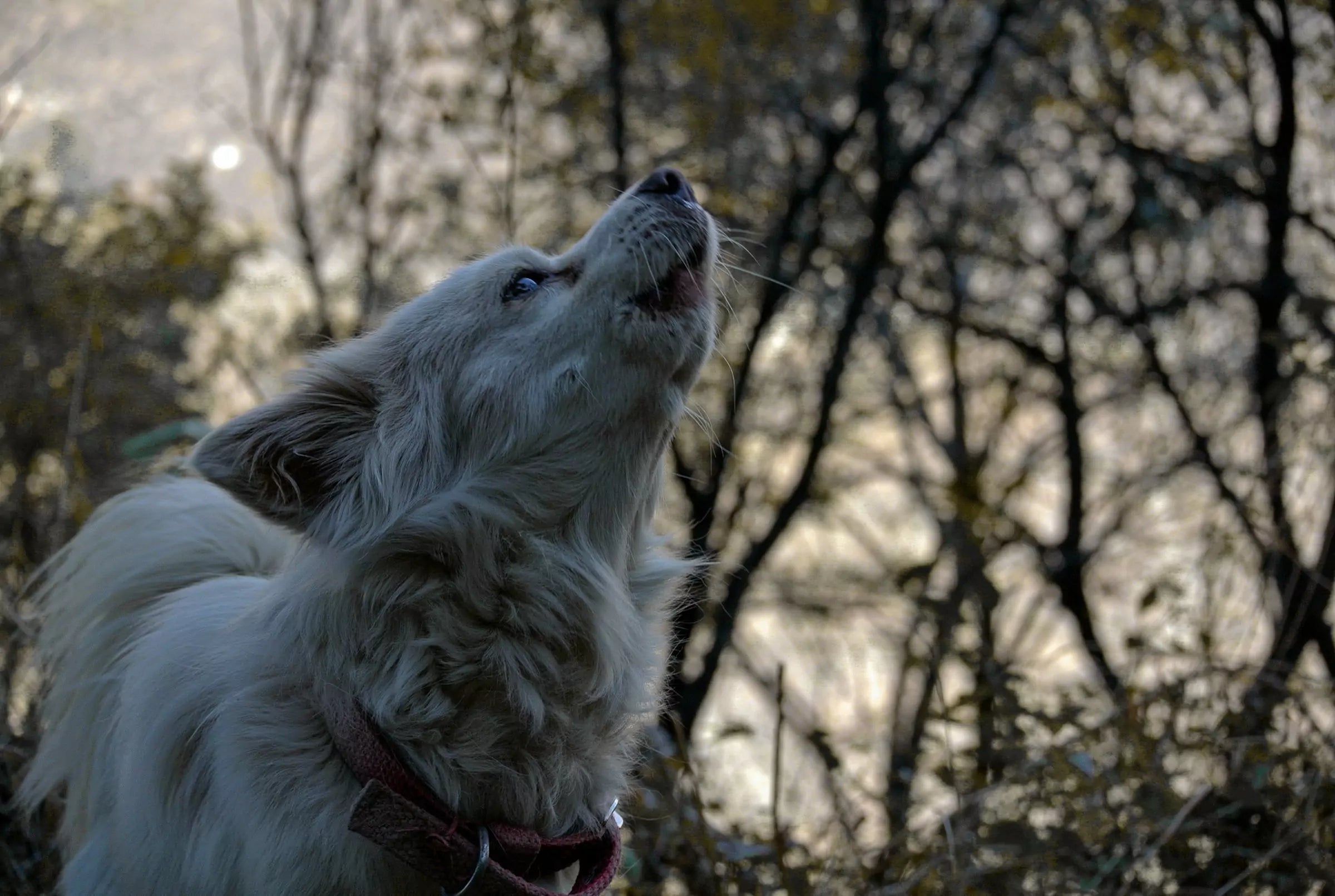
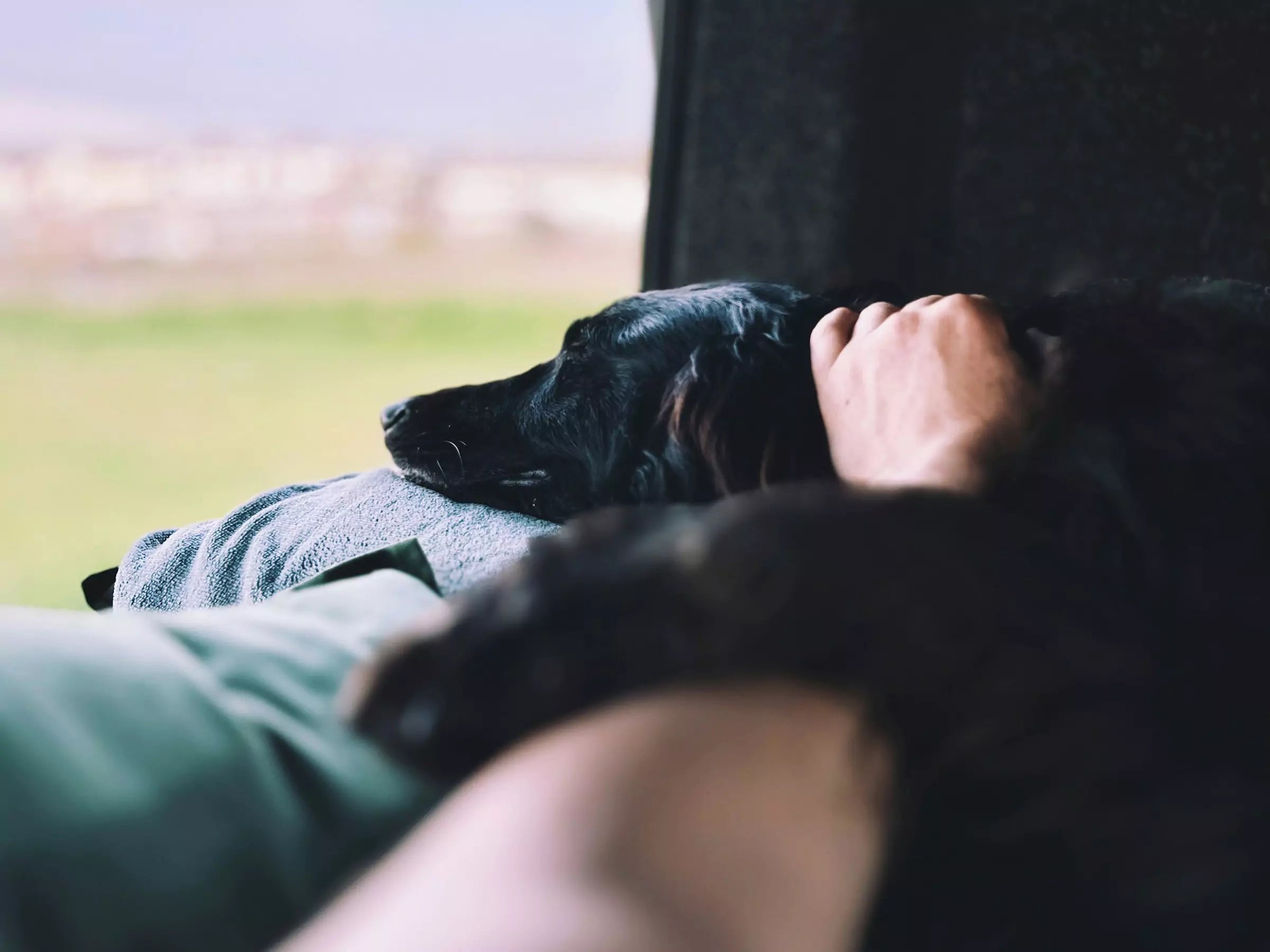
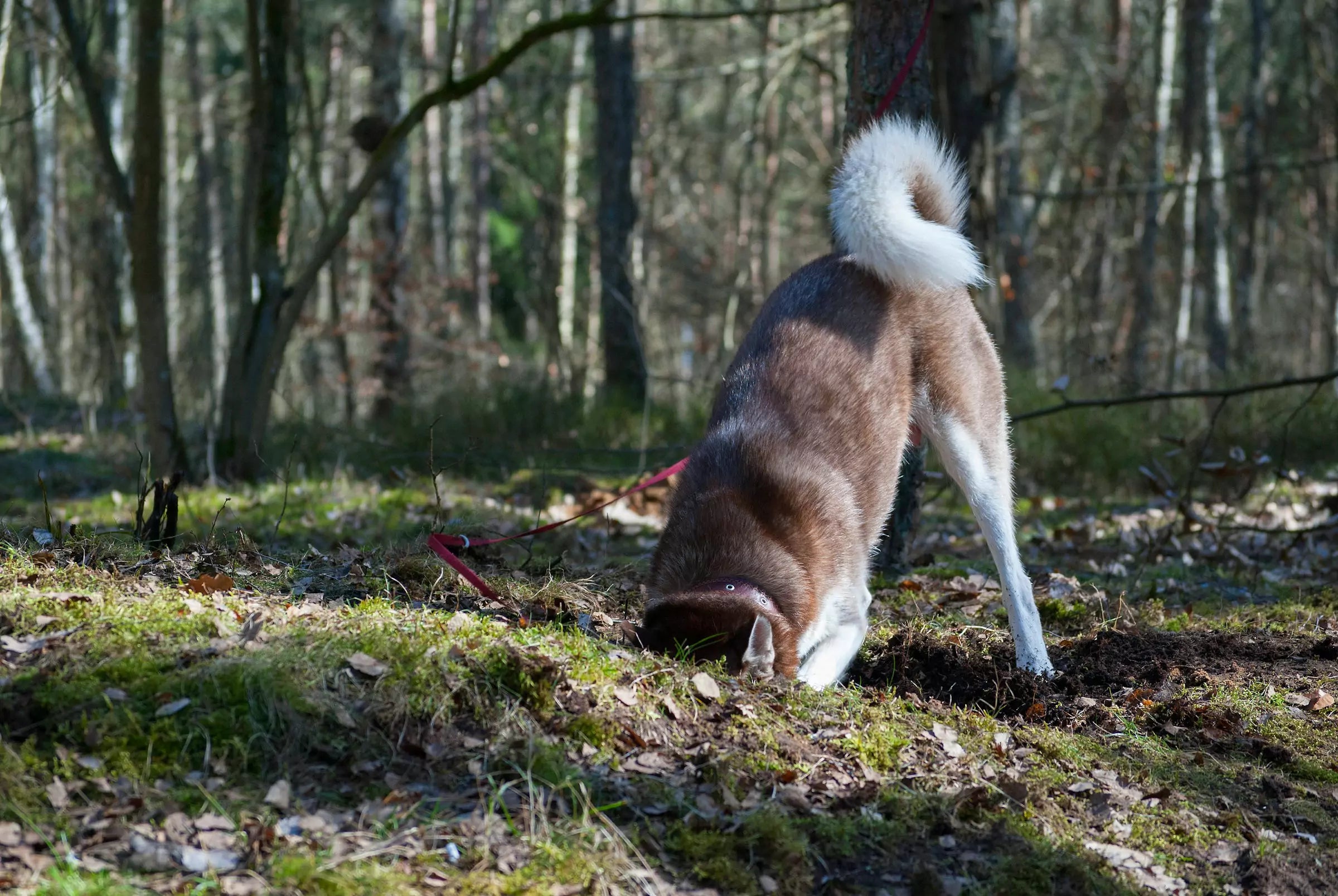
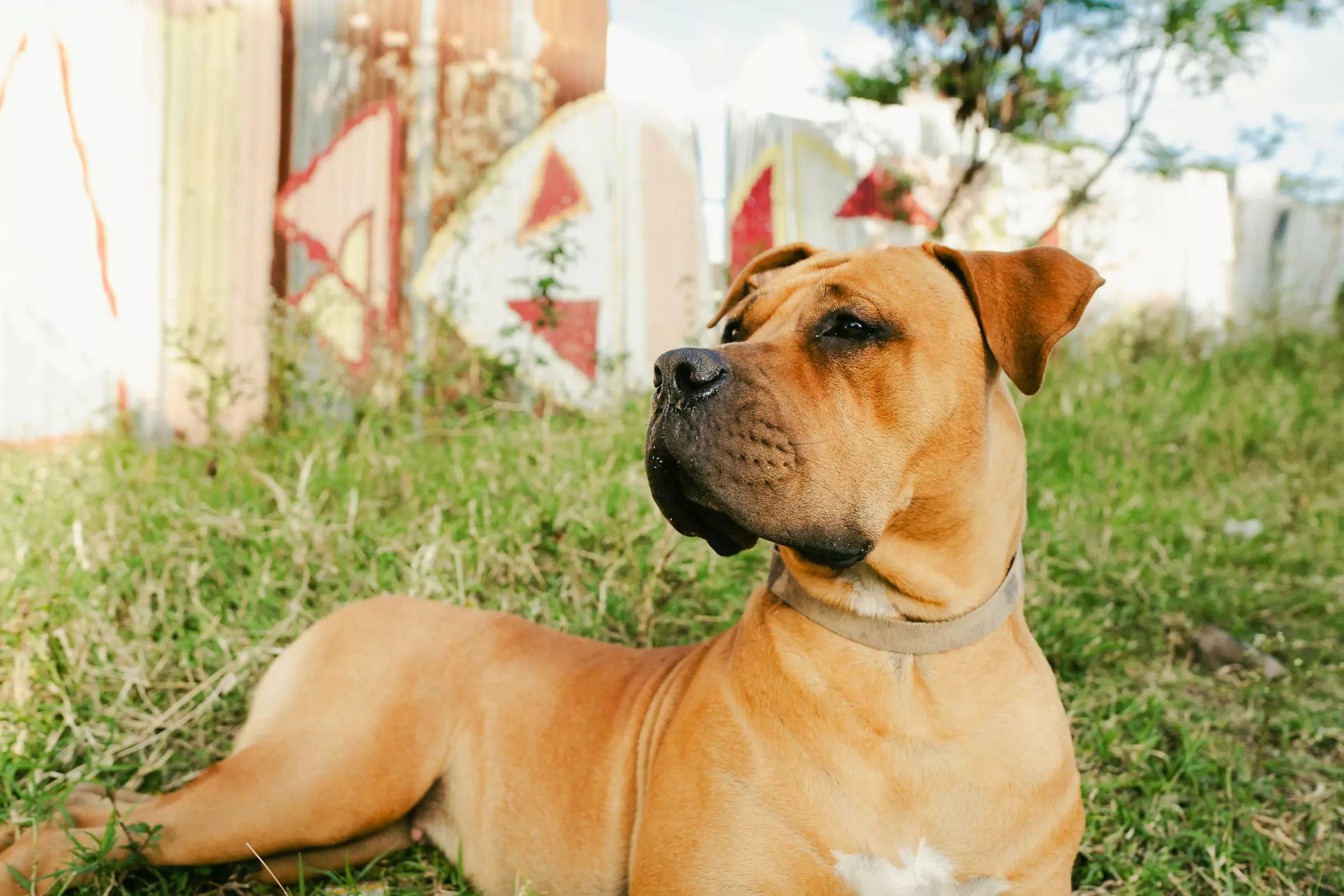
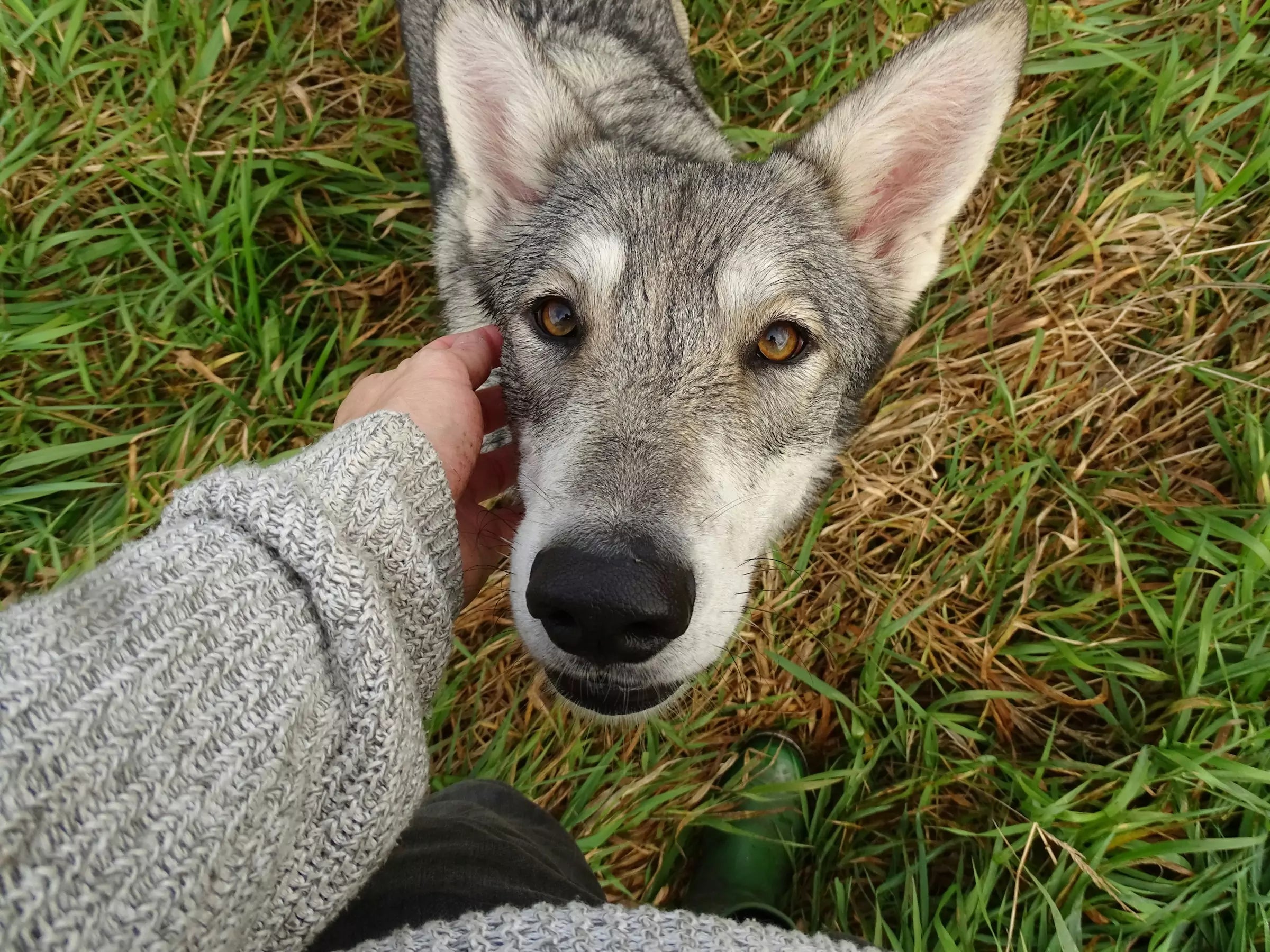
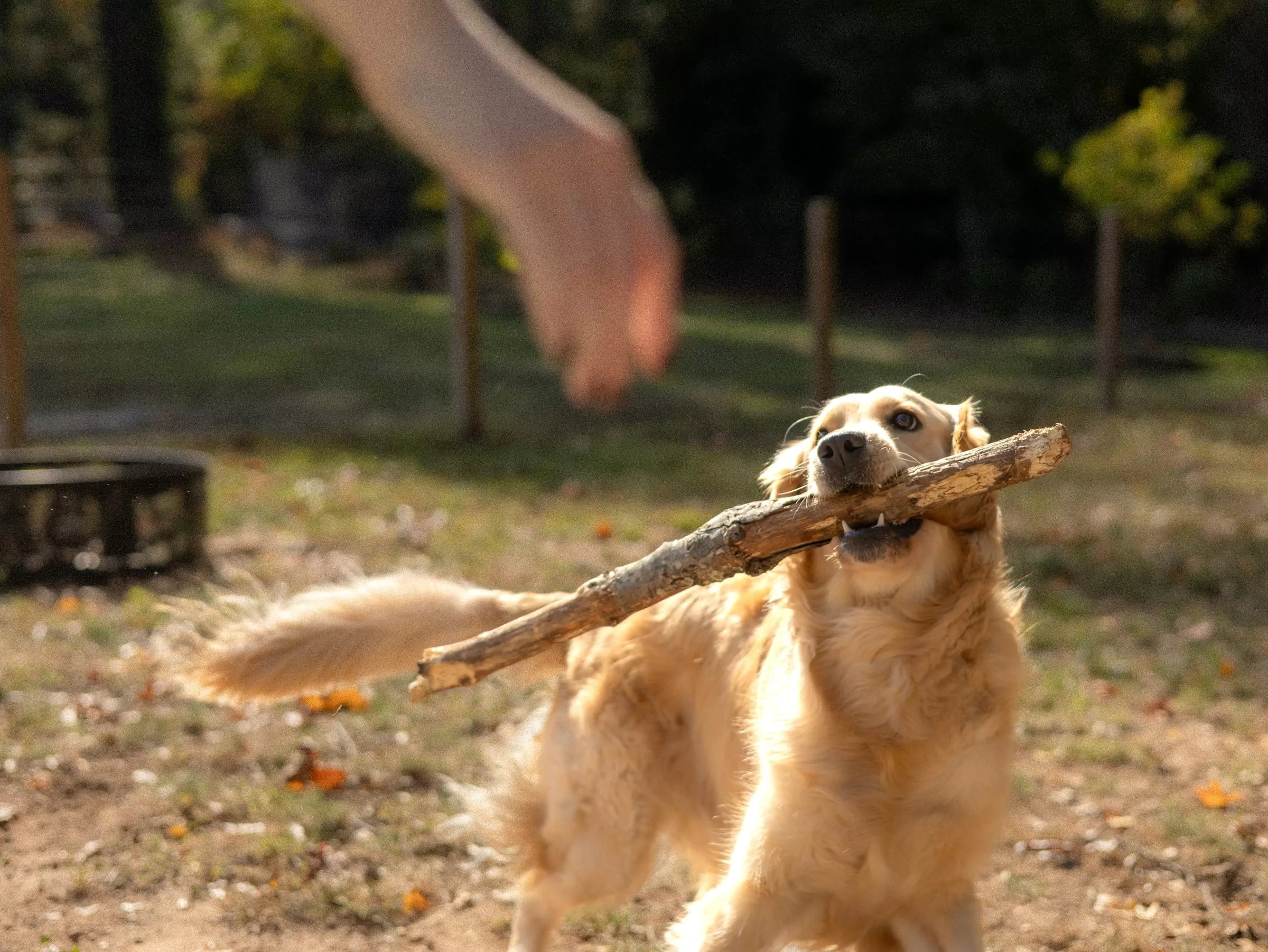







Share:
5 Ways to Build a Stronger Bond With Your Dog
How Dogs Learn Best